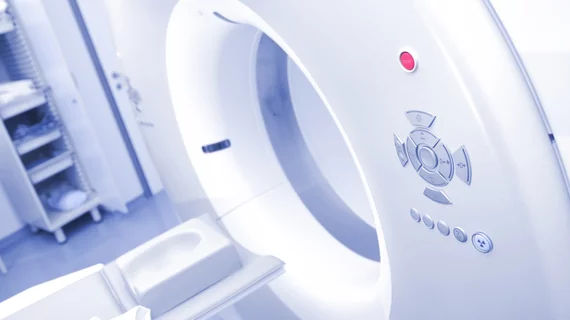Siemens Healthineers shares 2 AI-powered MRI solutions
Siemens Healthineers has announced the arrival of two new AI-based software assistants designed to help radiologists interpret MRI examinations. The solutions were officially introduced to the public at RSNA 2019 in Chicago.
AI-Rad Companion Brain MR for Morphometry Analysis handles tasks such as segmenting the brain into MRI images and measuring brain volume. It also compares patient data to information from the Alzheimer’s Disease Neuroimaging Initiative database.
AI-Rad Companion Prostate MR for Biopsy Support, meanwhile, segments the patient’s prostate on MRI images and makes it easier for radiologists to mark lesions as needed. Annotated images are then sent on to the urologist for fusion with existing ultrasound images, resulting in MRI-supported biopsies.
“With the new AI-based assistants, we are expanding our diagnostic offering to help our customers increase efficiency and improve the quality of care,” Peter Koerte, head of digital health for Siemens Healthineers, said in a prepared statement. “We firmly believe that AI will help physicians deal with their workload and benefit patients by helping physicians achieve an improved, patient-focused decision-making process. We demonstrated this at last year’s RSNA when we introduced the first application of the AI-Rad Companion focusing on CT for the chest region.”
These two solutions are compatible with imaging equipment from vendors other than Siemens Healthineers, according to the prepared statement, and they can both be accessed using the company’s cloud-based teamplay platform.

